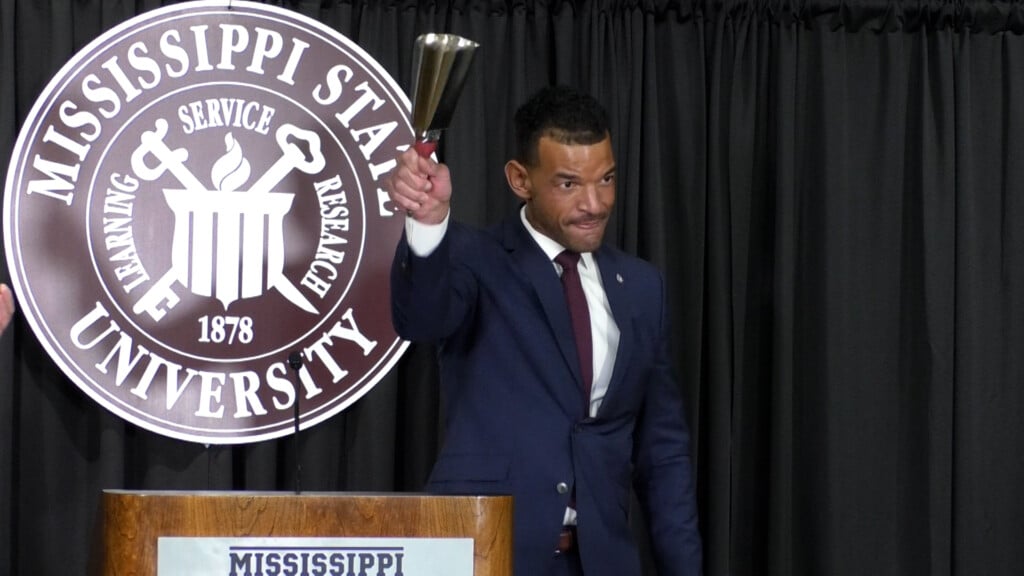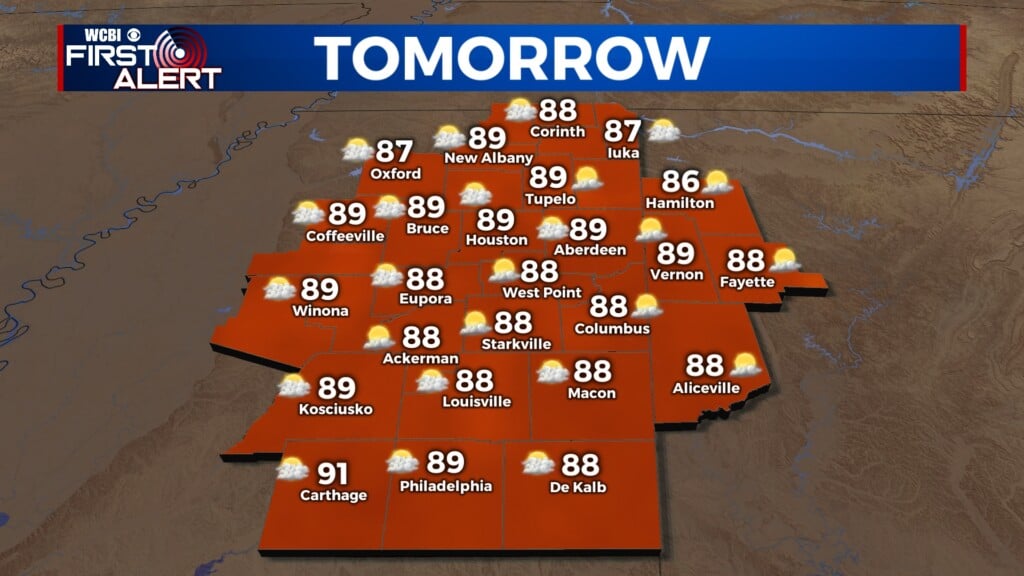Small Farms May Get Fuel Spill Exemption
WASHINGTON, D.C. – U.S. Senator Thad Cochran today reported that legislation to exempt small farms from Environmental Protection Agency fuel storage requirements has been incorporated into the Senate-passed Water Resources Development Act of 2013 (WRDA).
The Senate passed WRDA legislation (S.601) on Wednesday and with it also approved all the provisions included in the Farmers Undertake Environmental Land Stewardship Act (S.496)—a bill Cochran supported as an original cosponsor.
The fuel storage provisions in WRDA will amend an EPA Spill Prevention, Control and Countermeasure (SPCC) rule by reducing the necessity for farms with above-ground oil and gas storage tanks to hire a certified professional engineer to design a SPCC compliance plan.
“The fuel spill rule propounded by the EPA poses an unnecessary financial and regulatory burden on farmers. The legislative corrections we’ve incorporated into the Water Resources and Development Act are reasonable from both the farm operations and environmental protection standpoint,” said Cochran, the ranking Republican on the Senate Agriculture Committee.
S.496 was introduced by Senator Mark Pryor (D-Ark.) in March to adjust the aggregate storage capacity standards in the new SPCC rule—set at 1,320 gallons or more of above-ground storage capacity—to save farmers from having to purchase new capital equipment to comply with the regulations. As drafted, the rule could have required new ground storage units and dual containment tanks on farm vehicles, all of which would unnecessarily raise the cost of farming and result in higher prices for consumers.
Exemptions from the rule would apply to farms with above-ground oil storage tanks that have an aggregate storage capacity of less than 10,000 gallons. In addition, the measure would allow farmers to self-certify their own plans if they have less than 42,000 gallons of above-ground storage capacity.
The Senate voted 83-14 to approve S.601, an authorization bill for Army Corps of Engineers water conservation and development projects throughout the country. The House of Representatives has not yet acted on WRDA legislation.





Leave a Reply